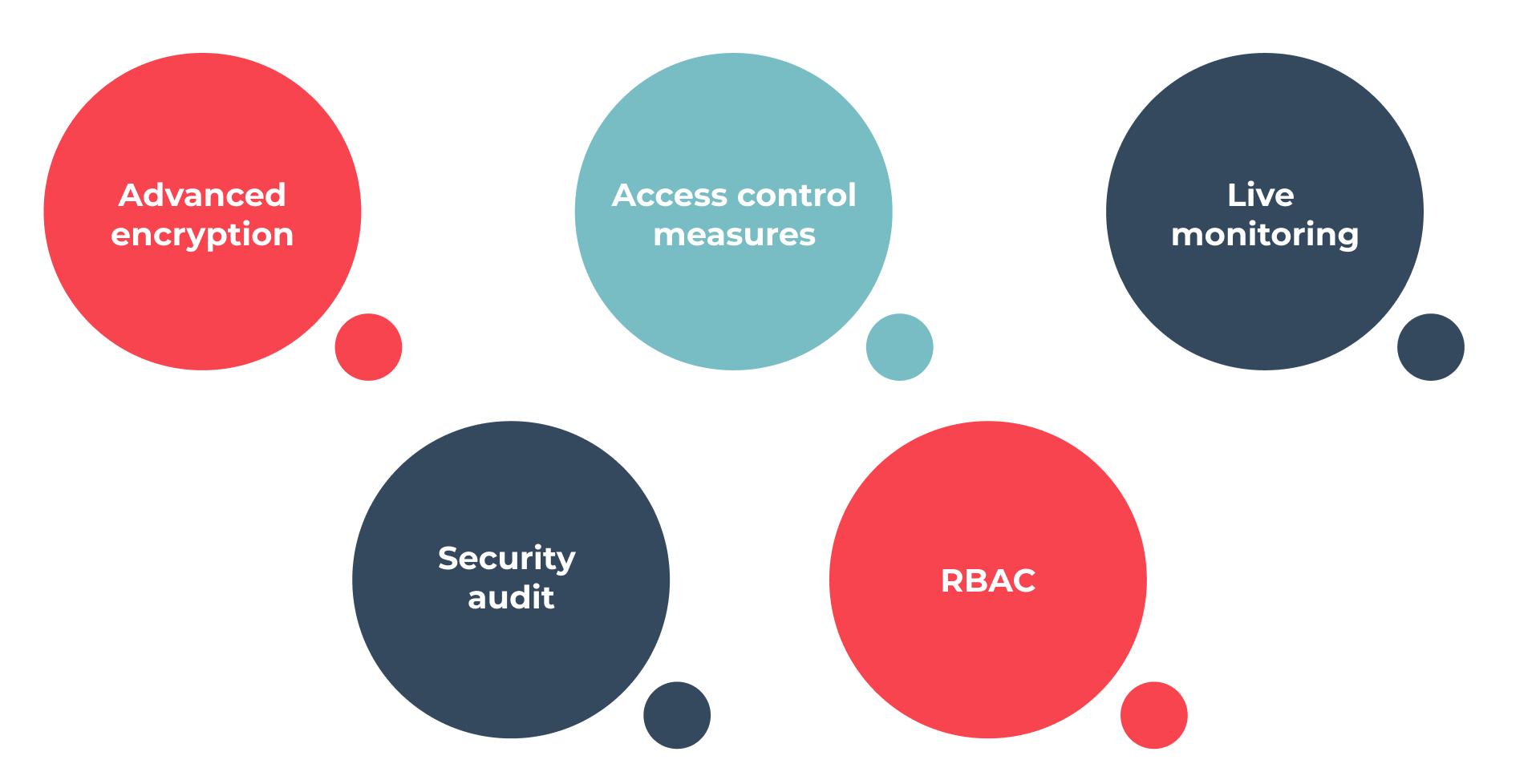Small businesses must optimize their operations and maintain competitiveness in today’s digital world. Cloud ERP systems give small businesses a powerful way to combine their core business functions into one integrated system. These modern solutions enable companies to manage resources better, automate tasks and improve decision-making.
Smart cloud deployment gives small businesses enhanced security and supports steady growth. Companies can transform their daily operations with live data access, automated workflows, and complete business insights.
Cost-Effective Implementation and Maintenance
Cloud ERP systems offer financial advantages through their innovative subscription-based pricing model. Small businesses with limited capital find these systems attractive because they work on a pay-as-you-go basis, unlike traditional on-premise solutions that just need large upfront investments.
Business data reveals that 79% of businesses experience an average cost saving of 20% after implementing cloud ERP solutions. These economical solutions provide several important advantages:
- Hardware infrastructure costs disappear
- IT personnel requirements decrease
- Regular updates come included
- Security patches and compliance updates happen automatically
- Monthly operating expenses become predictable
Small businesses can manage their cash flow better as the subscription model changes capital expenditure into operational costs. Cloud-based ERP systems generate 2.1 times the ROI compared to on-premise alternatives, according to Nucleus Research.
The subscription fee includes maintenance and updates, which eliminates surprise costs from system upgrades or repairs. Companies can focus their resources on core operations instead of managing IT infrastructure because of this detailed package. Businesses pay only for resources they use as the cloud model lets them adjust services based on their needs.
Improved Scalability and Flexibility
Modern businesses need adaptable solutions that grow as their needs change. Cloud ERP systems provide exceptional scalability that lets organizations expand or reduce their operations smoothly. Small businesses can adjust their resources right away without getting expensive hardware upgrades or IT help.
The modular architecture of cloud ERP gives several distinct advantages:
- Easy addition of new users and functionalities
- Natural integration with existing business applications
- Quick deployment of new modules as needed
- Flexible customization options
- Live data access from any location
Enhanced mobility is another life-blood of cloud ERP solutions. Team members can access critical information from any device with an internet connection. This accessibility is a great way for businesses with remote workers or multiple locations to promote better collaboration and decision-making throughout the organization.
Cloud ERP’s integration capabilities create a connected ecosystem that removes information silos. Small businesses can easily connect their finance, supply chain, and customer relationship management systems to get a complete view of operations. This connected approach helps organizations adapt quickly to changing market conditions while keeping their operations efficient.
Enhanced Data Security and Disaster Recovery
Data security is the top priority for businesses moving to cloud solutions. Cloud ERP systems provide better security features than traditional on-premise solutions. Dedicated security teams work 24/7 to protect sensitive information.
Multi-layered security protocols are the foundations of cloud ERP protection, including:
- Advanced encryption for data in transit and at rest
- Strict access control measures with multi-factor authentication
- Live monitoring and threat detection
- Regular security audits and compliance checks
- Role-based access control (RBAC)
Small businesses can rely on cloud ERP systems’ disaster recovery capabilities. Organizations recover quickly from unexpected disruptions through automated backup procedures and data centers spread across different locations. Recent studies show that data breaches cost £3.14 million on average, which makes reliable security measures crucial for business continuity.
Cloud ERP vendors follow complete backup strategies with specific retention schedules that keep critical business data secure and available. Geographic redundancy adds extra protection by storing data copies across multiple locations. This approach guards against physical disasters and helps operations recover fast.
Small businesses can now access enterprise-grade security features through cloud ERP deployment. These features, usually out of reach with on-premise solutions, offer better protection at a much lower cost.
Real-Time Analytics and Reporting
Businesses that make informed decisions stand out from their competitors in today’s digital world. Cloud ERP systems convert raw data into useful insights through detailed analytics and its coverage capabilities.
These platforms come with advanced business intelligence tools that help organizations to:
- Create customizable dashboards and reports
- Check operational metrics immediately
- See data through interactive charts and graphs
- Set up automated scheduled reports
- Model future trends through predictions
The self-service analytics feature gives team members the ability to analyze data without IT support. Departments can now create their own reports, customize dashboards, and extract meaningful insights that streamline processes.
Visual data representation makes complex information easy to understand and helps stakeholders spot trends, patterns, and anomalies quickly. Cloud ERP’s centralized data management ensures all departments work with accurate, current information. This promotes better collaboration and coordinated decision-making throughout the organization.
Small businesses can use predictive modeling to go beyond historical analysis and anticipate market changes. They can then adjust their strategies proactively. This forward-looking approach, combined with immediate monitoring of key performance indicators (KPIs), helps organizations react quickly to new opportunities and challenges.
Conclusion
Cloud ERP systems help small businesses by combining affordable benefits with reliable operational features. These solutions help businesses avoid large upfront costs and provide enterprise-grade security with disaster recovery options that were once limited to bigger companies. Small businesses can now access advanced analytics tools, live reporting, and flexible scaling options that match their needs.


